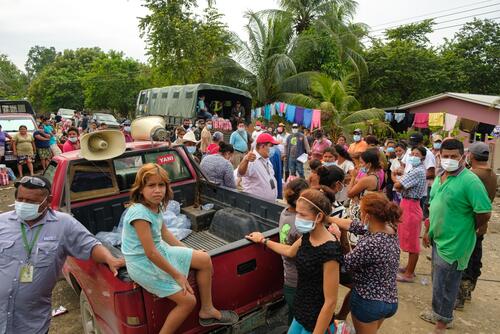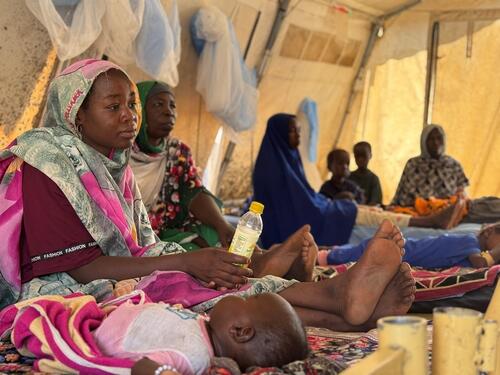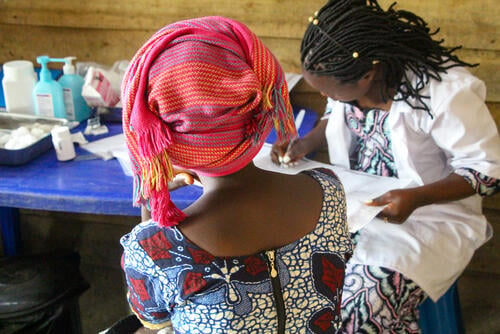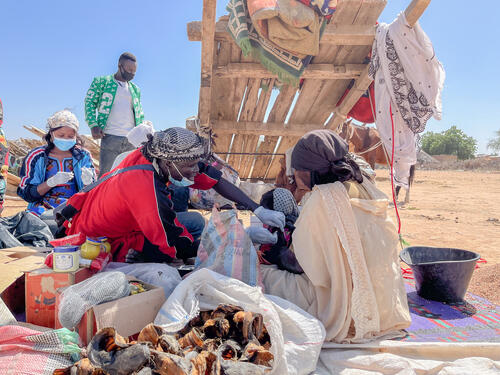- Hurricanes Eta and Iota have left 250,000 people in Honduras with limited access to healthcare. Médecins Sans Frontières (MSF) is calling for an increased international emergency response.
- The crisis comes on top of invisible emergencies such as insufficient or non-existent mental healthcare services, and sexual violence. Our teams have identified 13 sexual violence cases over the last month
- We call on the national authorities to recognise sexual violence as a medical emergency and approve the Comprehensive Care Protocol for Sexual Violence Victims and Survivors so that people can receive adequate medical attention.
MSF teams have extended their medical activities in Honduras after Hurricanes Eta and Iota, left more than 250,000 people with limited access to healthcare services. Almost 50 per cent of the health centres in Honduras are now closed, damaged or experiencing interruption to their services.
"The humanitarian crisis that Honduras is experiencing today adds to several forgotten and invisible emergencies, including sexual violence, which requires a priority medical response, and mental healthcare, which is insufficient or non-existent," said Juan Carlos Arteaga, MSF project coordinator in Choloma.
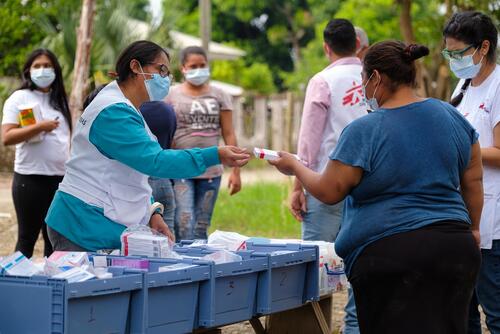
After more than a month of comprehensive medical assistance to those affected by Hurricane Eta and Iota in Choloma, MSF has supported more than 4,000 people and provided 2,087 general medical consultations. This includes care for skin diseases, physical trauma, respiratory infections, and chronic disease for patients who suspended their treatment. Patients also have symptoms related to acute stress, anxiety and grief.
We’re calling on the national authorities to recognise sexual violence as a medical emergency. It is crucial that the Comprehensive Care Protocol for Sexual Violence Victims and Survivors be approved.Juan Carlos Arteaga, MSF project coordinator in Choloma
MSF teams have provided medical and psychological care, and health promotion support in more than 190 shelters, located in the areas most affected by the hurricanes. They have also cared for 13 survivors of sexual violence, 11 of which predate the hurricanes and two that occurred inside shelters.
“These 13 patients are just a fragment of the gender-based violence emergency. We’re calling on the national authorities to recognise sexual violence as a medical emergency. It is crucial that the Comprehensive Care Protocol for Sexual Violence Victims and Survivors be approved so that people can receive adequate medical attention,” said Arteaga.
MSF calls on the international community to increase the emergency response in Honduras. Coordinated efforts must be made to improve the water and sanitation conditions of the shelters. The response must also focus on the health system and health surveillance to avoid potential outbreaks of vector-borne diseases and diseases caused by lack of access to drinking water.



